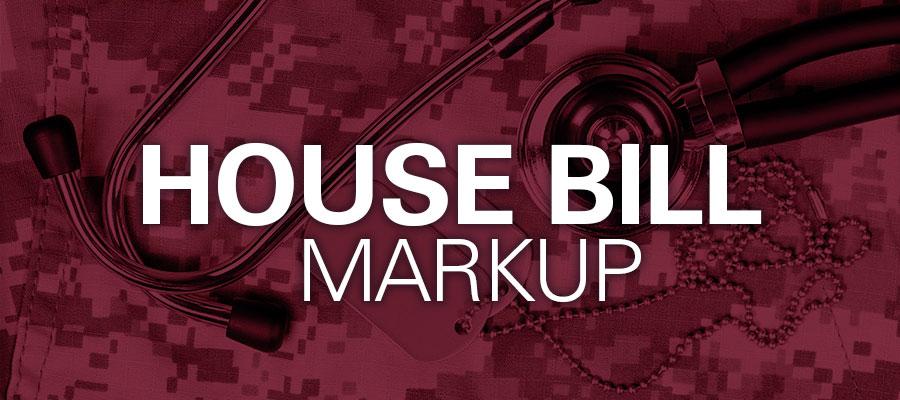House E&C subcommittee to mark up surprise billing, Medicaid DSH legislation

The House Energy and Commerce Subcommittee on Health tomorrow is scheduled to mark up 10 health-related bills, including the No Surprises Act — bipartisan legislation focused on ending surprise billing.
Committee leaders late last night released a revised version of the No Surprises Act, which would prohibit balance billing for emergency services, as well as some out-of-network ancillary and post-stabilization services and set a reimbursement approach in law. As in the discussion draft released in May, the revised bill would address out-of-network payments to providers with a benchmark or reference rate. Providers could be subject to civil and monetary penalties up to $10,000 for violations of the balance billing law, and would be required to pay back with interest insurers and patients for any erroneous balance billing.
Consistent with the earlier draft legislation, the bill would dedicate $50 million in grants for states to establish or maintain all payer claims databases, which could be used to determine the reimbursement rate for services protected under the balance billing provisions in the legislation.
The bill includes revised requirements related to notice and disclosure for certain out-of-network ancillary and post-stabilization services, and new requirements on both insurers and providers to ensure accurate provider directories.
The revised version also would place new requirements on air ambulances related to describing their charges to health plans but would not disallow balance billing for air ambulance services.
The updated legislative text includes what appears to be several inconsistencies, including how the reimbursement rate will be calculated for providers and the extent to which it defers to state law for purposes of determining a provider’s reimbursement and a consumer’s cost-sharing obligations. AHA staff are working to clarify these and other portions of the text.
Among other bills, the subcommittee is expected to mark up legislation that would:
- Eliminate Medicaid disproportionate share hospital cuts for fiscal years 2020 and 2021 and reduce the cuts from $8 billion to $4 billion in FY 2022.
- Implement new transparency and reporting requirements for drug manufacturers.
- Reauthorize federal nursing workforce development grant programs administered by the Health Resources and Services Administration for five years.
- Provide increased Medicaid funding for Puerto Rico, the U.S. Virgin Islands, American Samoa, Guam and the Commonwealth of the Northern Mariana Islands.

